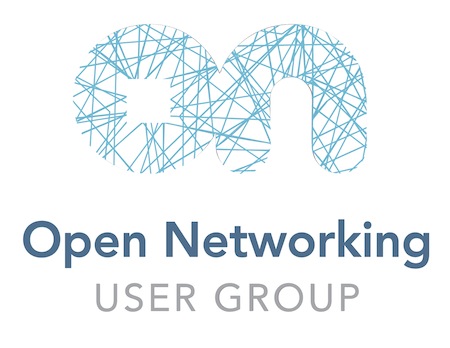0
The Upload: Your tech news briefing for Wednesday, May 13
First smartphone with iris unlocking bows in JapanForget fingerprints: Japanese carrier NTT DoCoMo has just unveiled the first smartphone that looks deep into your eyes to recognize you and let you access your device. The Arrows NX F-04G is made by Fujitsu. Its iris authentication technology can also be used to authorize mobile payments via specifications set by the FIDO (Fast IDentity Online) Alliance, which is backed by Microsoft, Google, PayPal and others.Russian cybergroup is said to be planning bank attacksTo read this article in full or to leave a comment, please click here
 Everything else is getting opened up — how about rack management?
Everything else is getting opened up — how about rack management?
